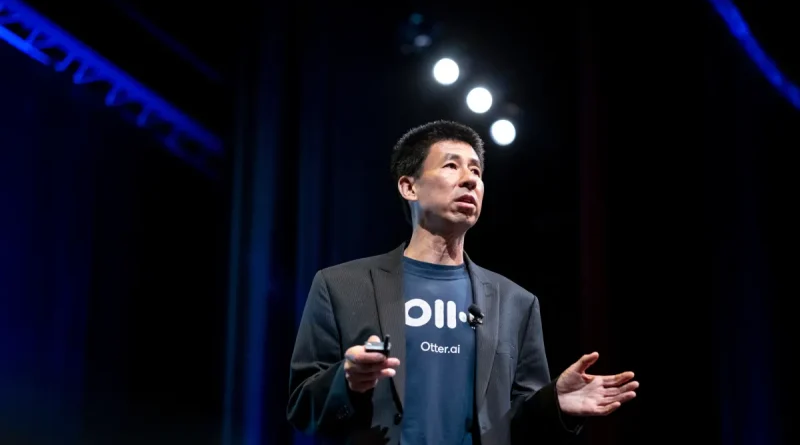How Otter.ai’s CEO is Revolutionizing the Company Beyond Meeting Transcriptions
Sam Liang, the CEO of Otter.ai, aims to reshape the company’s image beyond that of a simple meeting notetaker. His vision positions Otter.ai as a vital tool for enterprises, and the new products introduced on Tuesday signify the start of this shift.
The Silicon Valley AI meeting assistant startup unveiled a fresh suite of enterprise tools on Tuesday, designed to effortlessly incorporate meeting insights into diverse workflows by aggregating this data into a unified knowledge repository. This initiative seeks to boost Otter’s value for businesses by optimizing the use of recorded meetings.
Otter’s latest product lineup features an API for developing custom integrations with platforms like Jira and HubSpot, an MCP server that connects users’ Otter information with external AI models, and an AI agent capable of sifting through a company’s meeting notes or presentations.
In an interview with TechCrunch, Liang stated that this marks the next phase in Otter’s development.
“We are transitioning from being a meeting notetaker to a comprehensive corporate meeting knowledge base,” Liang remarked. “This serves as a system record for discussions and can help companies scale their growth while providing measurable business benefits.”
Founded in 2016, Otter initially operated in a space with only a handful of meeting transcription services, a stark contrast to the many options available today. The AI boom that began in 2022 has spurred a surge in startups like Granola and Circleback, while established names like Fireflies have also seen heightened interest.
Liang believes this change sets Otter apart from its earlier competitors.
Techcrunch event
San Francisco
|
October 27-29, 2025
Liang asserts that meetings contain a significant portion of a company’s knowledge, whether they’re about customer sales discussions or marketing strategies. However, without a centralized system for this meeting knowledge, its potential is often underutilized.
“Inefficiencies often stem from information silos,” Liang explained. “One team may be unaware of another’s actions, assuming a plan was established a month ago. Plans frequently shift, but not everyone is kept in the loop. The goal is to create a permissions framework that allows most [nonconfidential] information to be shared widely.”
Not all meetings recorded in Otter will automatically become part of the company-wide knowledge base, as users can choose to limit access to notes from sensitive discussions.
Concerns regarding employee and data privacy remain, as Otter’s transcriptions often retain informal dialogues that occur before and after meetings, which may include gossip or information meant for specific individuals.
Currently, Otter is facing a class-action lawsuit from August, alleging unauthorized recording of private conversations and misusing that data to improve its transcription services.
While Liang did not directly address the lawsuit, he emphasized that this issue isn’t unique to Otter. He believes that, in a broader sense, greater access to information is beneficial.
“If we’re under scrutiny, then so could others, including all the tools you’ve heard of that manage meeting notes,” Liang asserted. “From my viewpoint, we are aligned with the positive trajectory of history. We stand at the forefront of this new AI revolution. For AI to be effective, it needs to be integrated into meetings.”



